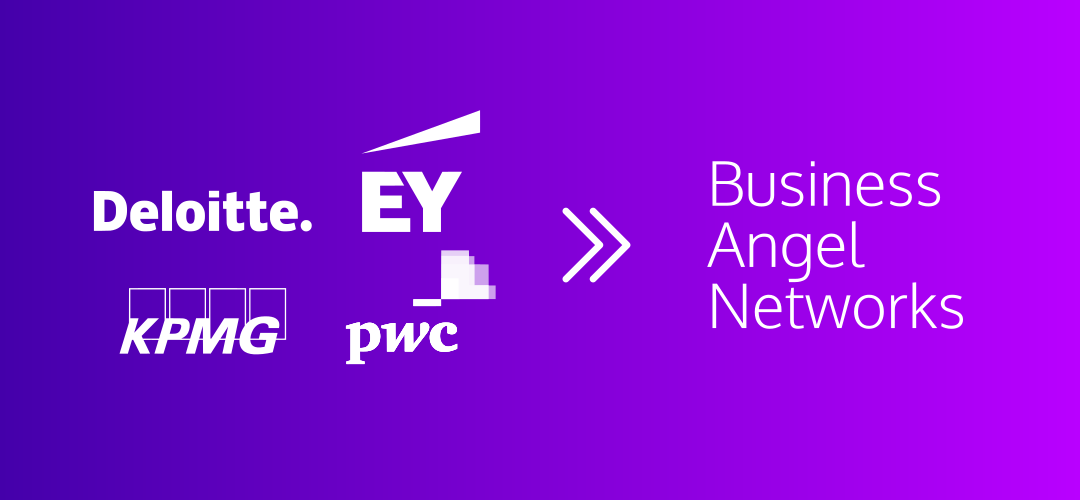All Big Four (Deloitte, EY, KPMG and PwC) are more and more involved in the start-up ecosystem. A quick look at their websites shows that Deloitte is working on a matchmaking service for start-ups and established companies; EY is working on several incubation centres and accelerators; KPMG is working on consultancy services for start-ups; PwC is working on consultancy services and on an accelerator programme.
In Europe, and in the World too, these programmes for entrepreneurs are springing up like mushrooms. Helping people on how to well run a company is important, however, without business angels these companies are doomed to a premature death.
So, the questions are: Can these consultancies do a step further? Can they provide more than just coaching or mentoring? Can they become business angel networks?
Yes!
I do believe that big consultancies, and not only the Big Four, have all elements to start a business angel network.
Three things characterize a business angel (besides a good attitude that you can also learn along the way):
- Network: to know people/companies that could bring value to the company you are investing in and that could provide any kind of useful advices.
- Knowledge: to have more than 10-15 years of experience on entrepreneurship or management that you can transfer to the entrepreneurs.
- Capital: (no comment)
Several consultancies’ members have all three of them.
A business angel network (BAN) composed by consultancies’ members has the particularity of having a very strong identity and all members perceive a mutual trust injected by the fact that they are part of the same company.
The decision of starting a BAN will have a significant impact:
- within the company, it will strengthen relationships and provide a new service;
- and in the start-ups’ world, it will increase the capital funding and facilitate transnational investments. In Europe, where different cultures live together, it could unlock a plethora of new opportunities.

